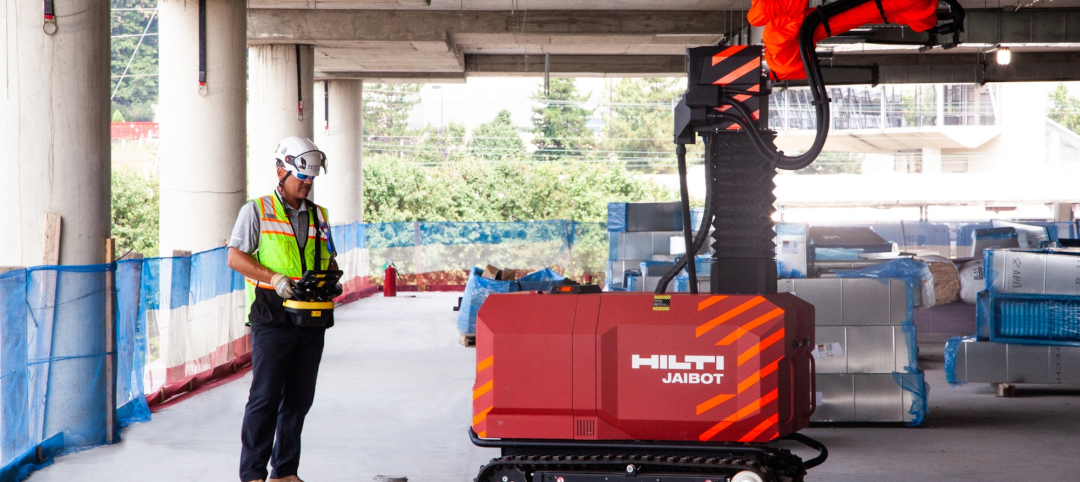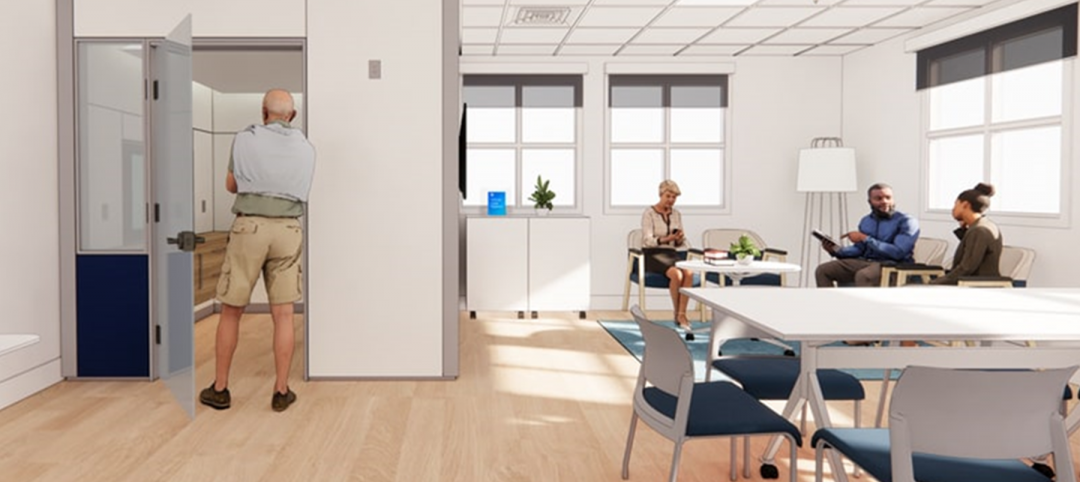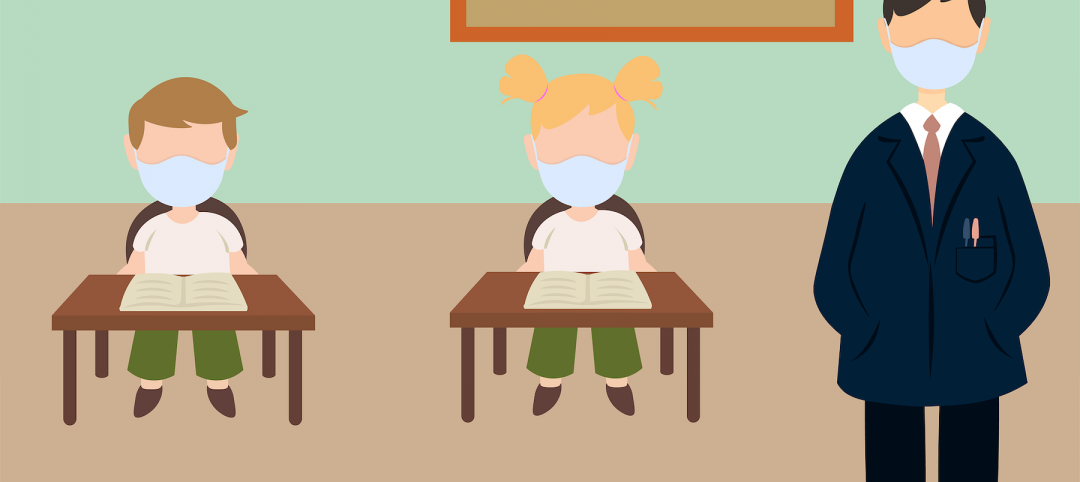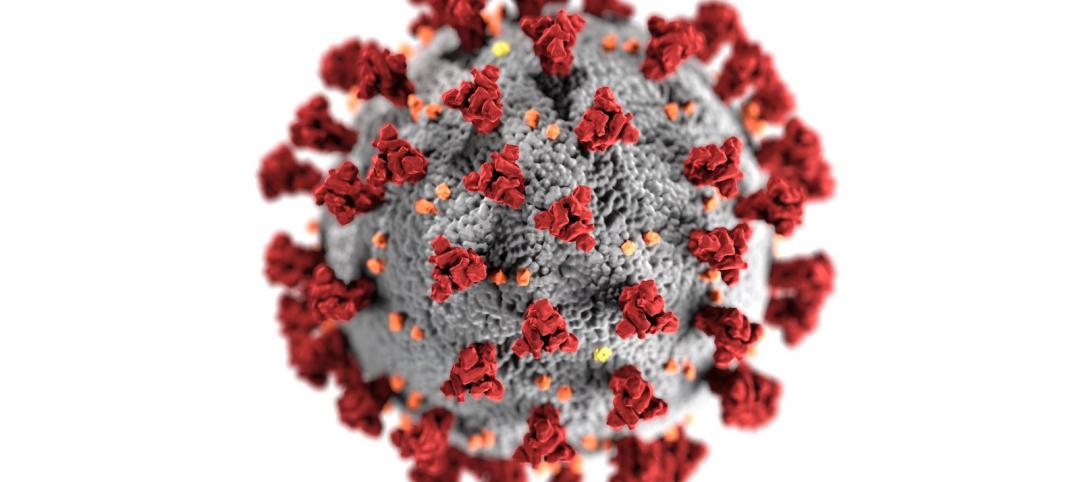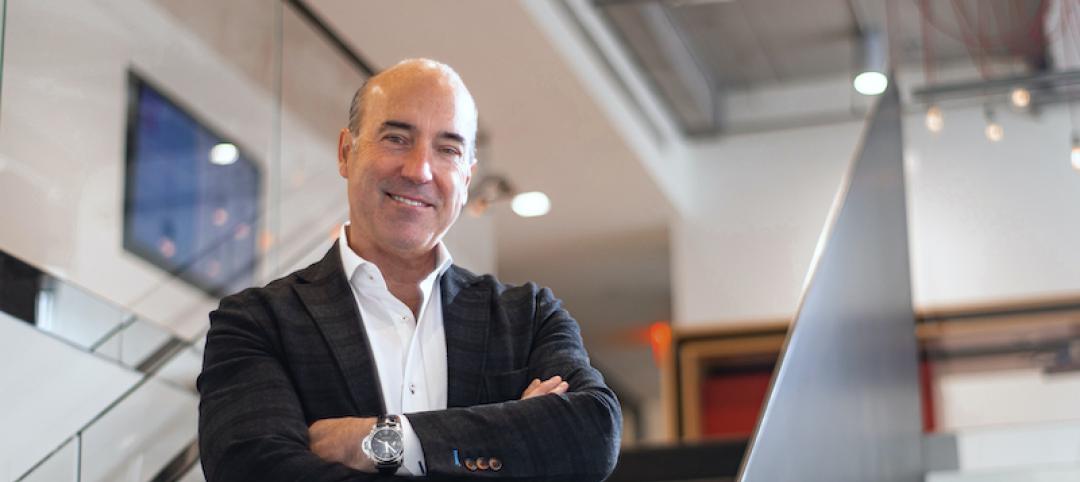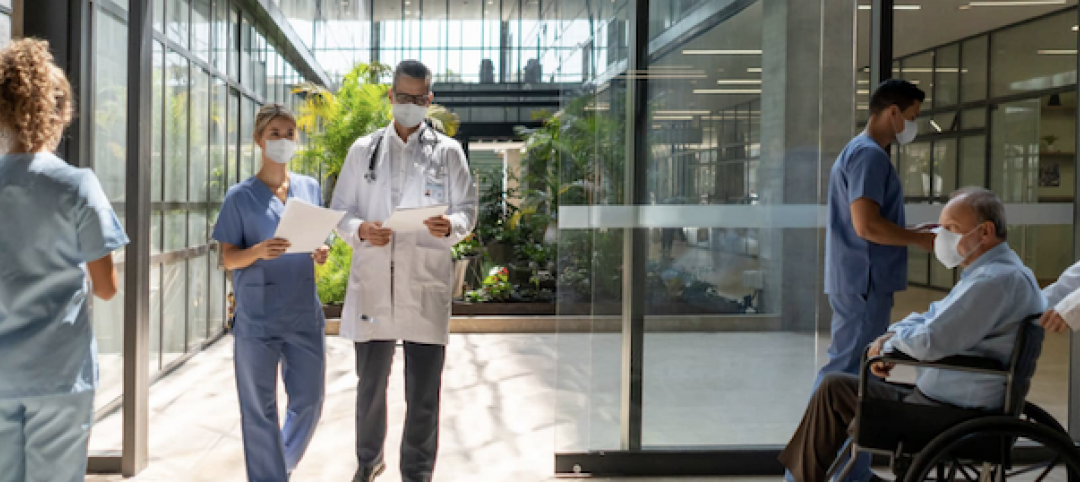Earlier this week, Ashraf Fahmy, CallisonRTKL’s new Chief Financial Officer, was up till midnight going over project proposals with his firm’s team in China.
Despite the spread of the novel coronavirus worldwide, CallisonRTKL—which operates seven of its 21 offices outside of the United States—has seen an uptick in business lately from China and the Middle East, and from the healthcare sector in the U.S.
The firm, a subsidiary of Arcadis NV, is in the midst of implementing an operating model to improve profitability, whose priority is strengthening business development, client engagement, and talent investment. Last year, CallisonRTKL’s gross revenue was flat at 301 million British pounds (US$399 million), its net revenue was up 1% to £222 million, and its cash flow was off 3% to £16.7 million.
Fahmy asserts the company is in good shape financially, with a “strong” balance sheet. Its agenda, he says, continues to be to expand its global footprint. “That hasn’t changed, and the virus has brought it to the forefront.”
He elaborates that CRTKL is leveraging its global network of offices “and our expansive resources.” This model allows CRTKL professionals to work effortlessly across the firm as a platform and allows its partners to connect at any intersection.
CallisonRTKL lately is refocusing its resources on markets and sectors that are recovering or have remained strong. Fahmy points out that CallisonRTKL’s offices have multiple practices, which they can switch into as demand warrants.
Fahmy previously worked for CHA Consulting, a small engineering consultant, where he was Senior Vice President of Finance; and for Amec Foster Wheeler, where he was CFO. He says he joined CallisonRTKL because of its practice diversification, its geographic reach, and its “dynamic” senior management team led by president/CEO Kelly Farrell, who was hired in 2018. “Our management is not afraid of making decisions,” he says.
To stay ahead of the coronavirus’ impact on the construction industry, CallisonRTKL’s “No. 1 priority,” says Fahmy, is to provide services to its clients across the globe. While its employees are all working from home at the moment, “we’ve never lost communication with our clients,” even when that’s meant providing services in China with “minimum exposure” to its associates.
One of CallisonRTKL’s major business sectors is retail, which the virus’ spread has destabilized. Fahmy couldn’t say what retail’s future might be as a result. The same is true of hospitality.
That being said, CallisonRTKL, says Fahmy, is working on a solutions that include converting hotels and convention centers into temporary healthcare facilities. Other initiatives revolve around wellbeing in hospitals and offices, resilience and sustainability, mobility, and “human centric” design. “These are the four pillars of all of our practices,” he says
Related Stories
Augmented Reality | Jan 27, 2023
Enhancing our M.O.O.D. through augmented reality therapy rooms
Perkins Eastman’s M.O.O.D. Space aims to make mental healthcare more accessible—and mental health more achievable.
K-12 Schools | Nov 30, 2022
School districts are prioritizing federal funds for air filtration, HVAC upgrades
U.S. school districts are widely planning to use funds from last year’s American Rescue Plan (ARP) to upgrade or improve air filtration and heating/cooling systems, according to a report from the Center for Green Schools at the U.S. Green Building Council. The report, “School Facilities Funding in the Pandemic,” says air filtration and HVAC upgrades are the top facility improvement choice for the 5,004 school districts included in the analysis.
Giants 400 | Nov 14, 2022
4 emerging trends from BD+C's 2022 Giants 400 Report
Regenerative design, cognitive health, and jobsite robotics highlight the top trends from the 519 design and construction firms that participated in BD+C's 2022 Giants 400 Report.
Healthcare Facilities | Jun 20, 2022
Is telehealth finally mainstream?
After more than a century of development, telehealth has become a standard alternative for many types of care.
Coronavirus | May 20, 2022
Center for Green Schools says U.S. schools need more support to fight COVID-19
The Center for Green Schools at the U.S. Green Building Council released a new report detailing how school districts around the country have managed air quality within their buildings during the second year of the COVID-19 pandemic.
Industry Research | Mar 9, 2022
Survey reveals five ways COVID-19 changed Americans’ impressions of public restrooms and facilities
Upon entering the third year of the pandemic, Americans are not only more sensitive to germs in public restrooms, they now hold higher standards for the cleanliness, condition and technology used in these shared spaces, according to the annual Healthy Handwashing Survey™ from Bradley Corporation conducted in January.
Codes and Standards | Feb 21, 2022
New standard for ultraviolet germicidal irradiation
The Illuminating Engineering Society (IES) recently introduced the standard, ANSI/IES RP-44-21 Recommended Practice: Ultraviolet Germicidal Irradiation.
Coronavirus | Jan 20, 2022
Advances and challenges in improving indoor air quality in commercial buildings
Michael Dreidger, CEO of IAQ tech startup Airsset speaks with BD+C's John Caulfield about how building owners and property managers can improve their buildings' air quality.
Coronavirus | Jul 20, 2021
5 leadership lessons for a post-pandemic world from Shawmut CEO Les Hiscoe
Les Hiscoe, PE, CEO of Shawmut, a $1.5 billion construction management company headquartered in Boston, offers a 5-point plan for dealing with the Covid pandemic.
Resiliency | Jul 15, 2021
A new report urges federal investment in healthier buildings
The National Institute of Building Sciences also calls for code changes and greater cooperation between building owners and the AEC community.





